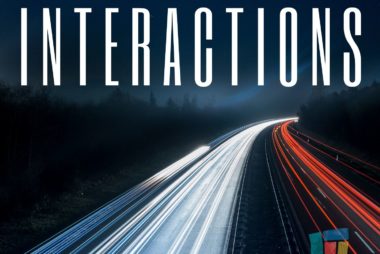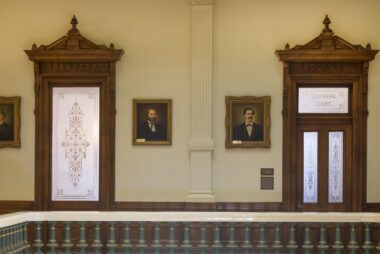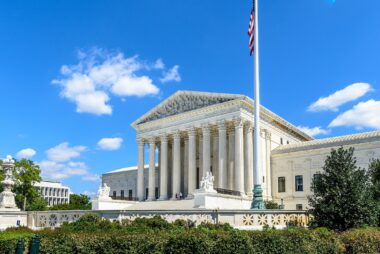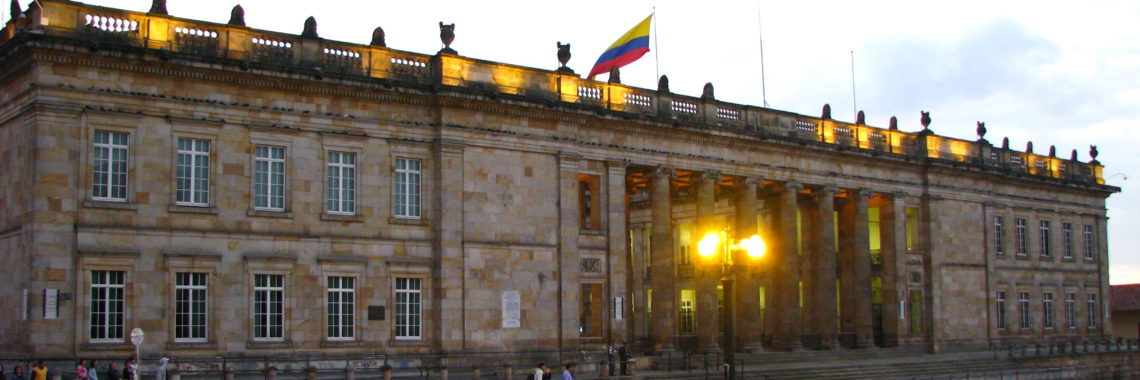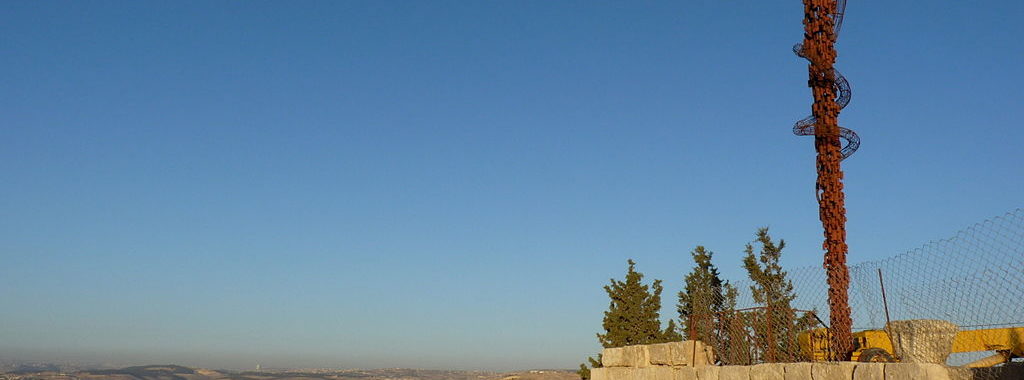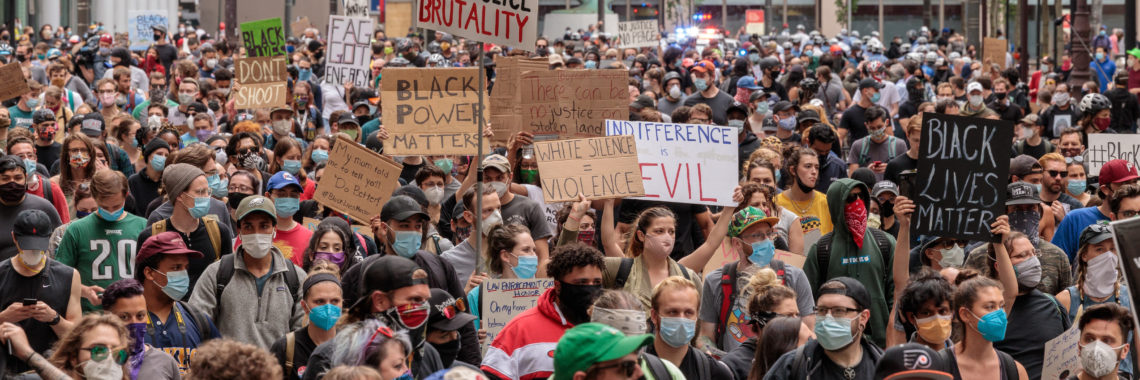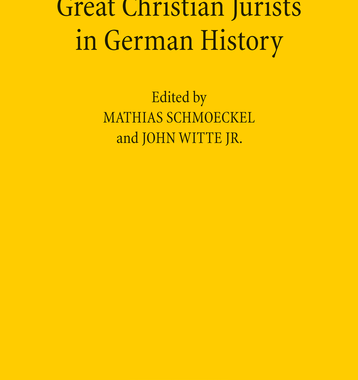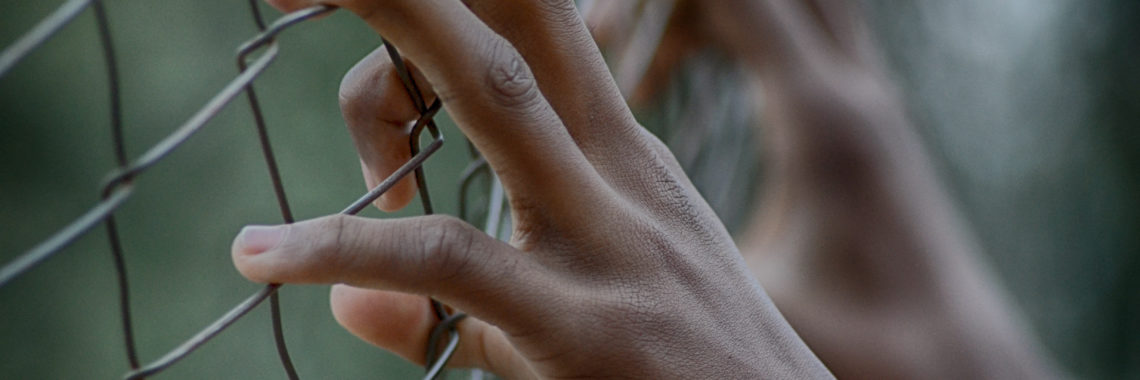“Transitional Justice and The Role of Legitimacy in Informal Institutional Change” by Aaron Alfredo Acosta & Nelson Camilo Sánchez
Capitolio Nacional Seat of the Congress. Bogotá, Colombia. 2008. Wikimedia / CC BY-SA 3.0 Transitional Justice in Colombia In the past ten years, under the flag of transitional justice, Colombia has sought to implement a series of measures to confront the legacy of the conflict regarding property and land tenancy. In 2011, the government enacted…



